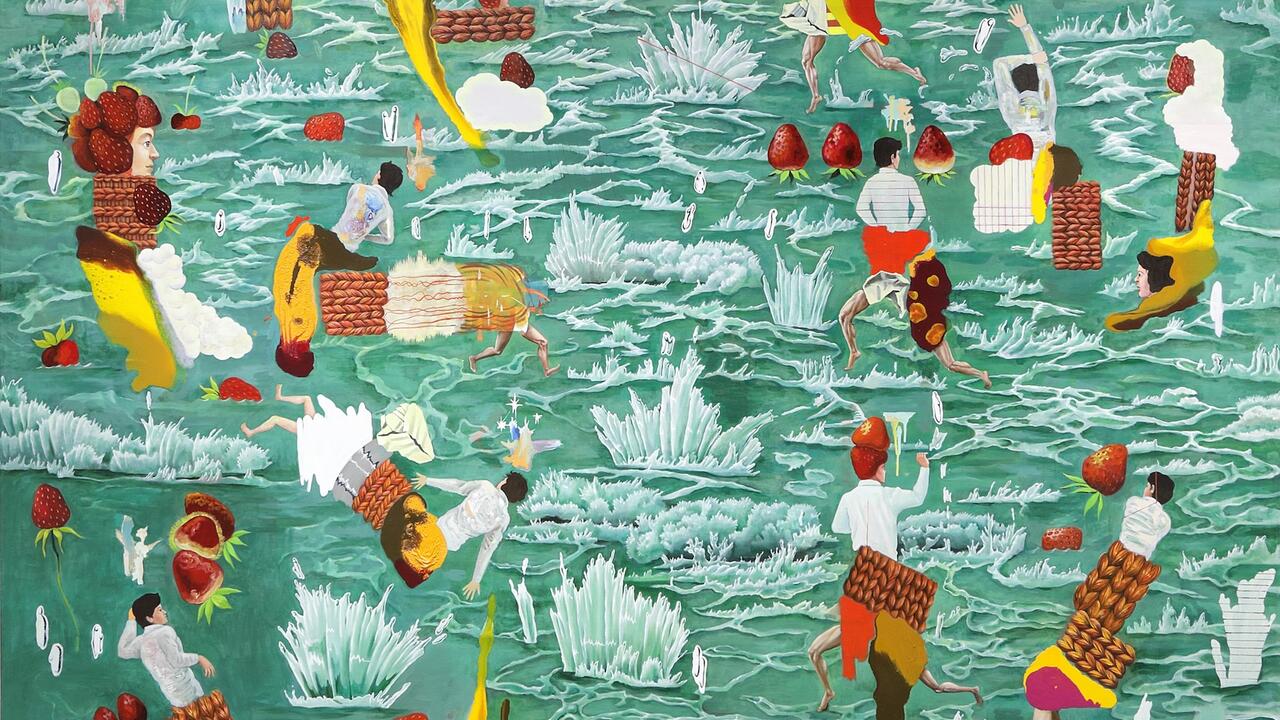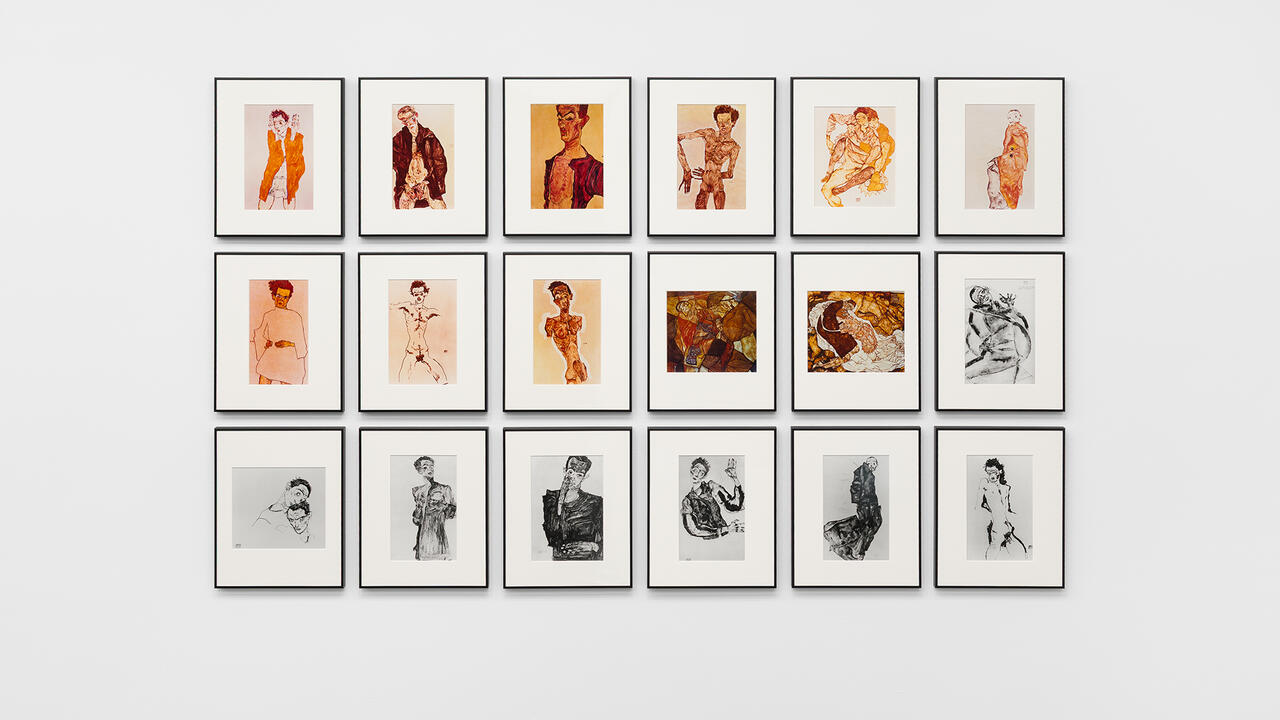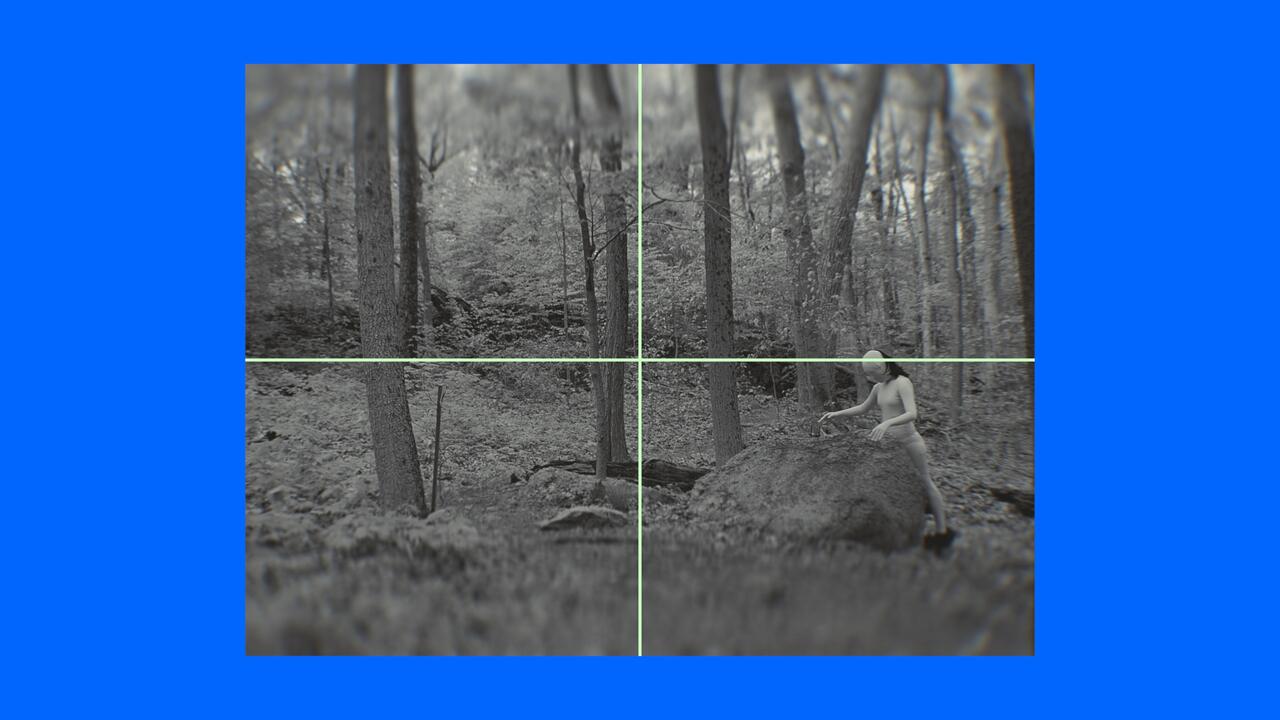Off the Page
Playhouse Theatre, Whitstable, 11–13 February 2011
Playhouse Theatre, Whitstable, 11–13 February 2011

Produced and curated by Sound and Music and The Wire magazine as a three-day platform to explore the discourse around music today, ‘Off the Page’ was structured as a literary festival intending to ‘stage a public debate that attempts to explain why any of this stuff might actually matter to any of us, and why it might make a difference to any of our lives’.
Toward the end of the first event, having just realized that he’d left at home one of the CDs he’d been planning to play a track from, Robert Wyatt started singing unaccompanied. The song is ‘Naima’, and Wyatt had chosen the version in which Mimi Perrin sings over John Coltrane’s melody. Unexpected and electric, Wyatt’s rendition filled the space of the Whitstable Playhouse Theatre. This episode, and Wyatt’s ploy of making up for the missing track with his voice, appears to nod to the raison d’être of music writing and, in turn, at one of the main reasons underlying the festival: to elaborate, evoke, fill in, thematise something that is absent – music – and to build up an experience as engaging, inspiring and unpredictable as the moment of listening in itself.
Faithful to its main prompt, ‘Off the Page’ turned out to be a celebration of the diversity of voices within contemporary music and the investigations into sound, and it proved how alive and swarming with voices this discourse is. If the title of the festival aimed to lift such discourse off the written page, then some considerations need to be made with regards to the formats chosen by the speakers. The responses were as varied as the many typologies of music that were treated: lectures, conversations, performative presentations – some poised, some nervous, some animated, some slowly paced. The diversity of approaches throughout the weekend guaranteed little stagnation in the flow of words; it mirrored a curatorial approach that covered a wide spectrum rather than a singular vision, and reflected the manifold ways of writing of sound as such.
Many key points were introduced – fittingly, although perhaps unwittingly – by Wyatt’s talk, as his words gently danced around his selection of tracks. Hints at the many hues within the word ‘meaning’ bounced back the following morning, in Matthew Herbert’s articulated argument for the importance of the history of the objects he decides to use in his music: the relevance of context and place appeared not just as a procedural tool but also as a generator of meaning. Herbert was preceded by a lecture by Rob Young on Pierre Schaeffer, which highlighted the role of the French father of musique concrete as a thinker and cultural theorist, and sampled a number of revealing excerpts from Schaeffer’s as-yet-untranslated writings. Issues of chaos versus harmony in performance and improvisation were illustrated in the conversation between Steve Beresford and John Kieffer, outlining a lively portrait of improviser John Stevens and his legacy across anecdotes, chronicles and music.
The setting for Kodwo Eshun’s talk was a landscape outlined by books and words. His presentation was engaging, both for the density of materials that he went through, and for the eloquence of his presentation. He set off from a hint at Gramsci’s ‘infinity of traces’, and from a rigorous analysis of context, as he embarked in a delineation of the reasons why he chose to write about music in the early 1990s. He talked through ideas of a demiurgic scope in music criticism, making audible and visible a set of visions ingrained in music, and ended up with a detailed analysis of texts and circulating, morphing references, such as Kim Gordon’s 1983 Artforum article ‘I’m Really Scared When I Kill In My Dreams’ and Greil Marcus’ Lipstick Traces (1989).
Dave Tompkins’ vibrant survey of histories and visions around the vocoder – a follow-up to his book How To Wreck a Nice Beach (2010) – filled the theatre with exhilaration, as he paced his words in an overwhelming tour de force of visionary imagery and frenzied sounds. A lot more poised, but as much thought-provoking, Ken Hollings delivered a lecture on John Cage which moved from a reading of the composer’s writings to considerations around his music as ‘organizing human behaviour’, and ultimately around Cage as a person in conflict. The lecture was presented across a subtly arranged sequence of arguments both literary and analytical, and ended up with a statement that sounded as an engaging theoretical cliff-hanger: ‘maybe music is the mistake’.
An attention to formats, and to ways of relating to sound, was revealed in the concluding day by a conversation between David Toop, Salomé Voegelin and myself, and a performance-lecture by Claudia Molitor, Sarah Nicholls and Jennifer Walshe. On very opposite sides, both events acknowledged the need to reflect on forms of conversation, and addressed modes of presenting as closely related to modes of representing. The former was an improvisation of resonant thoughts, words and sounds; halfway between séance and anti-panel, it took shape around listening as a practice and a structural device, not just as a topic. The latter was staged as a performative lecture, hovering between the histrionic and the obsessed: Molitor and her minute notations on small stickers and tape bands taking over the space, Nicholls and her upright piano and witty remarks, Walshe and her vocal contortions sharply punctuating the performance – all literally stepping into one another: an experiment in sharp deconstruction and oblique fabulation.
Density of thought was the restless matter animating the conversation between Scritti Politti’s Green Gartside and Mark ‘K-punk’ Fisher. It touched on pivotal questions such as the search for reference as the search for reason and the embodiment of political thought within pop music, interspersed with readings from Gartside’s notebooks in the early ‘80s loaded with reflections on theory, and on the importance of knowledge instead of opinion. As Fisher pointed out in the end, ‘it’s never just music’. To echo a remark by Wyatt on Brahms: ‘I like it, it still moves me, I don’t know how it works.’ Music: we like it, it still moves us, and even if we might not always know how it works we keep listening to it, writing and talking about it. On and off the page.
















